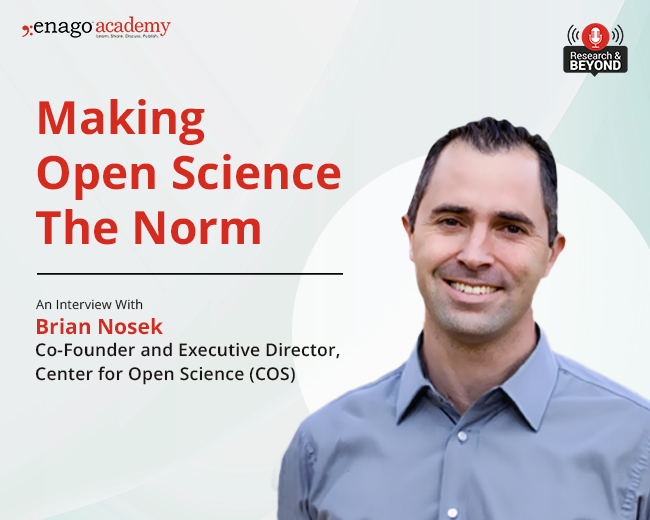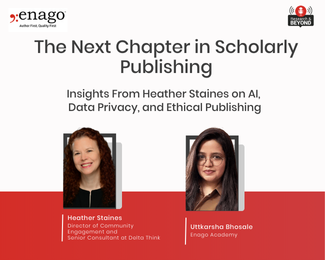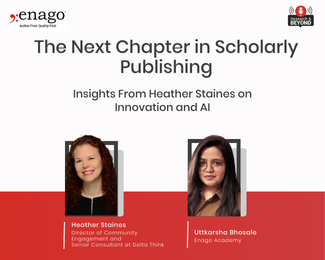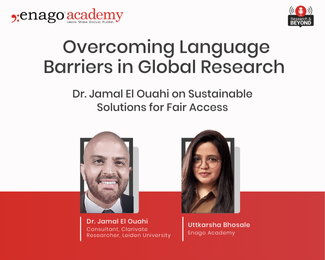By Enago Academy | Speaker: Brian Nosek
In an era where research and science are evolving at an unprecedented pace, the Open Science movement stands at the forefront, championing innovation, transparency, and inclusivity.
On the occasion of Open Access Week 2023, we had the opportunity to interview Brian Nosek, a distinguished figure in the world of Open Science. As the Co-Founder and Executive Director of the Center for Open Science (COS), he’s leading an organization that is revolutionizing how research is conducted and shared globally. Operating the Open Science Framework (OSF), COS has become a driving force behind the adoption of open and reproducible research practices worldwide. But Brian’s influence doesn’t stop there. He’s also a Professor in the Department of Psychology at the University of Virginia, where he combines his expertise with his passion for transforming the research landscape. With a Ph.D. from Yale University, awarded in 2002, Brian Nosek brings a wealth of knowledge, experience, and vision to the table.
Watch the interview now, as Brian unveils the COS approach, a blueprint for enhancing research practices and explores a future where research knows no bounds.





Comments are closed.